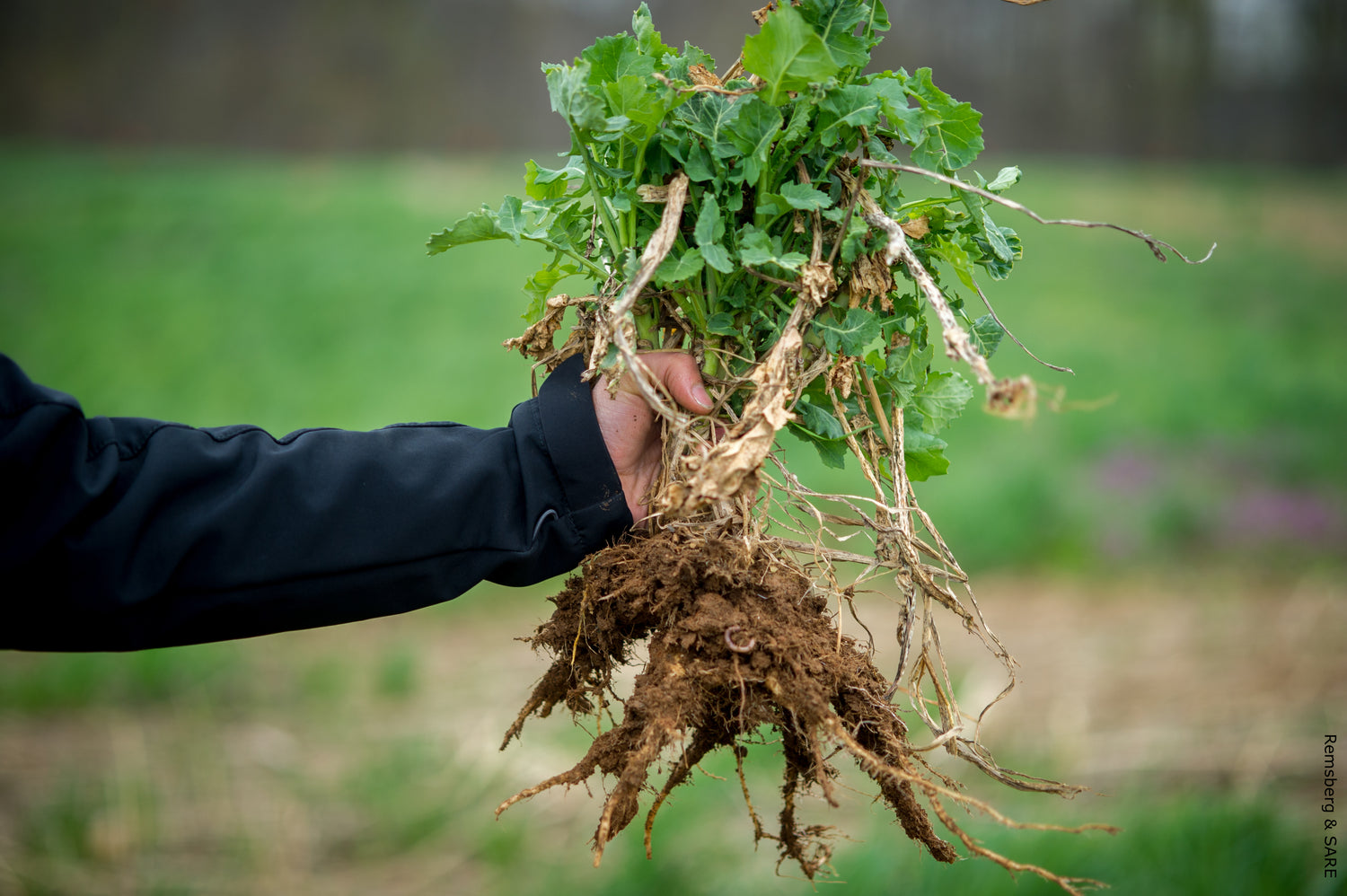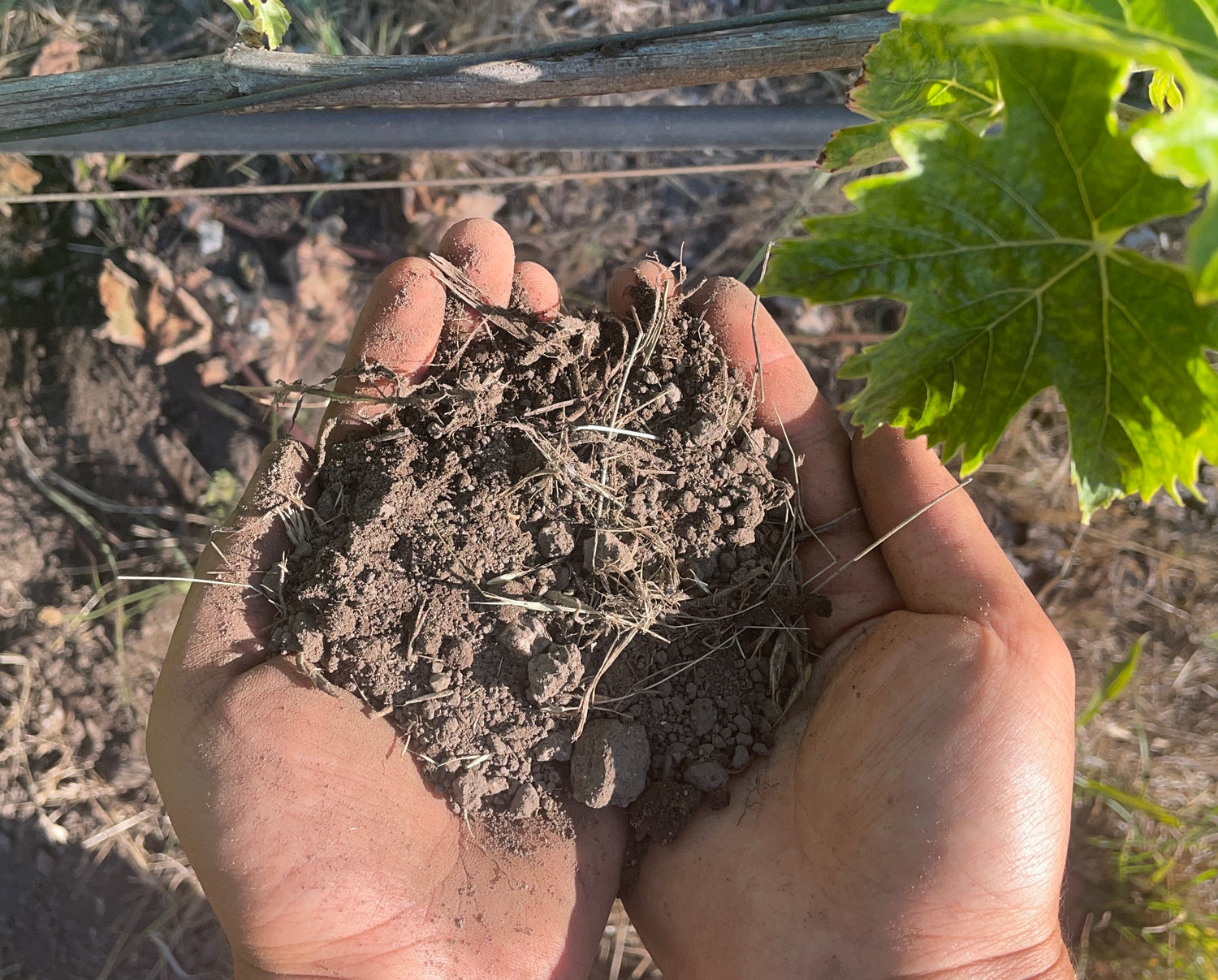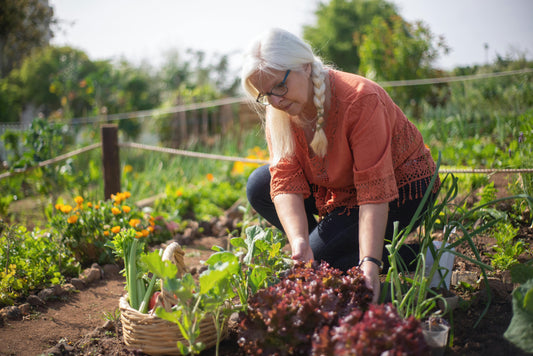Soil testing is the cornerstone of successful vineyard management. Understanding your soil’s composition allows you to optimize grape quality, improve yields, and enhance sustainability. This guide, brought to you by Alluvial Soil Lab, provides everything you need to know about soil testing for vineyards, from sampling techniques to interpreting results and choosing the right laboratory.
Why Soil Testing is Crucial for Vineyards
Soil health directly impacts vine growth, grape quality, and vineyard longevity. A 2024 study by UC Agriculture and Natural Resources (UC ANR) found that vineyards regularly testing their soil experience up to a 20% increase in yield and 15% improvement in water use efficiency. Soil testing identifies critical issues such as pH imbalance, which affects nutrient availability (optimal vineyard soil pH is typically 5.5 to 6.5), nutrient deficiencies like low nitrogen, phosphorus, or potassium that can stunt vine growth, salinity that impairs water uptake, and low organic matter that reduces fertility and water retention, especially in drought-prone areas. By conducting regular soil tests, vineyard managers can make informed decisions to ensure healthy vines and sustainable practices.
When to Conduct Soil Testing
Timing plays a vital role in effective soil testing. Conduct tests before planting to assess soil suitability and identify necessary amendments. After planting, test every two to three years to monitor soil health and adjust management practices. Additional tests are recommended after extreme weather events, such as flooding or drought, or if vines show signs of stress, like yellowing leaves or poor fruit set. Testing in early spring or late fall provides results that reflect stable soil conditions, avoiding seasonal fluctuations.
How to Sample Soil in Vineyards
Proper soil sampling ensures accurate test results. Begin by gathering tools, including a soil probe or auger, clean buckets, labels, and resealable plastic bags, while avoiding metal containers that could contaminate samples. Plan your sampling strategy by taking composite samples from 10 to 15 locations per 5-acre block, focusing on areas with uniform soil and vine performance, and avoiding atypical spots like eroded slopes or compacted rows. For surface samples, collect soil from 0 to 8 inches deep, and for deeper profiles, take additional samples from 8 to 24 inches to assess root zone conditions. Mix samples from each block in a clean bucket to create a composite sample. Label each composite sample in a bag, noting the block and date, and keep samples cool, submitting them to the lab within 24 hours. Follow your chosen lab’s submission guidelines, such as those provided by Alluvial Soil Lab, which offers easy-to-use submission forms and prepaid shipping options. For detailed sampling instructions, consult resources like the UC ANR Vineyard Soil Management Guide.
What Soil Tests Measure
Soil tests offer a snapshot of your vineyard’s health, measuring key parameters that influence vine performance. The table below summarizes common soil test metrics and their implications for vineyards.
|
Parameter |
What It Measures |
Implication for Vineyards |
|---|---|---|
|
pH |
Soil acidity or alkalinity |
Affects nutrient availability; optimal 5.5-6.5 |
|
Organic Matter |
Soil fertility and structure |
Low levels reduce water retention and fertility |
|
Nutrients (N, P, K) |
Availability of nitrogen, phosphorus, potassium |
Deficiencies can stunt growth, reduce yield |
|
Micronutrients (Fe, Zn, Mn) |
Trace elements essential for vine health |
Imbalances can cause chlorosis or poor fruit set |
|
Cation Exchange Capacity (CEC) |
Soil’s nutrient retention ability |
Higher CEC indicates better nutrient holding |
|
Salinity (EC) |
Level of soluble salts |
High levels can stress vines, reduce water uptake |
|
Texture |
Proportion of sand, silt, clay |
Influences drainage and water-holding capacity |
Understanding these metrics enables you to tailor fertilization, irrigation, and soil amendment strategies to your vineyard’s specific needs.
Choosing a Soil Testing Laboratory
Selecting the right laboratory is essential for obtaining reliable results and actionable insights. Choose labs with expertise in viticulture, accreditation from organizations like the North American Proficiency Testing Program, fast turnaround times of 5 to 10 days, and responsive customer support. Basic soil tests for vineyards, which typically include pH, macronutrients, and micronutrients, range from $50 to $150, depending on the lab and test scope. The table below compares 10 reputable soil testing laboratories in Northern and Central California that offer vineyard-specific testing, including their addresses, phone numbers, and estimated basic test costs as of May 2025. Contact labs directly for current pricing and test availability.
|
Laboratory |
Address |
Phone Number |
Basic Test Cost |
Strengths |
|---|---|---|---|---|
|
A & L Western Agricultural Labs |
1311 Woodland Ave., Suite 1, Modesto, CA 95351 |
(209) 529-4080 |
$70 |
Broad range of tests, regional expertise |
|
Agri-Analysis LLC |
950 West Chiles Road, Davis, CA 95618 |
(800) 506-9852 |
$85 |
Specialized in nutrient and water analysis |
|
AL & L Crop Solutions Inc. |
7769 N. Meridian Rd., Vacaville, CA 95688 |
(530) 387-3270 |
$90 |
Detailed nutrient and salinity testing |
|
ALC Consolidated |
2255 South Broadway, Suite 12, Santa Maria, CA 93454 |
(805) 739-5333 |
$80 |
Comprehensive soil and plant analysis |
|
Basic Lab |
3860 Morrow Lane, Suite F, Chico, CA 95928 |
(530) 894-8966 |
$70 |
Affordable, reliable for Northern California vineyards |
|
Dellavalle Laboratory, Inc. |
1910 W. McKinley, Suite 110, Fresno, CA 93728 |
(800) 228-9896 |
$85 |
Vineyard-specific nutrient packages, consultation services |
|
Denele Analytical, Inc. |
40 N. East St, Ste B, Woodland, CA 95776 |
(530) 666-9056 |
$80 |
Fast turnaround, viticulture expertise |
|
Fruit Growers Laboratory, Inc. |
563 East Lindo Ave, Chico, CA 95926 |
(530) 343-5818 |
$65 |
Affordable, reliable for Central Valley vineyards |
|
California Laboratory Services |
3249 Fitzgerald Rd, Rancho Cordova, CA 95742 |
(800) 638-7301 |
$90 |
Detailed soil health assessments |
|
Control Laboratories |
42 Hangar Way, Watsonville, CA 95076 |
(831) 724-5422 |
$95 |
Comprehensive soil and plant analysis |
Using Soil Test Results to Improve Vineyard Management
Soil test results are only as valuable as the actions you take. Use results to adjust pH by applying lime if too low or sulfur-based amendments if too high, aiming for a pH of 5.5 to 6.5 for optimal nutrient uptake. Address nutrient deficiencies with targeted fertilizers, such as potassium sulfate for low potassium. Monitor trends by comparing results over time to track soil health and adjust management practices. Plan irrigation based on salinity or texture issues, which may require improved drainage or adjusted schedules. Work with your lab or a viticulture consultant to develop a customized management plan. Alluvial Soil Lab offers free consultation with every test package to guide you through implementation.
Case Studies: Success Through Soil Testing
Real-world examples demonstrate the impact of soil testing. In 2023, a Napa Valley vineyard identified a potassium deficiency through a soil test, which was causing stunted vine growth. After applying potassium sulfate based on recommendations, the vineyard saw a 15% yield increase in the following season. On the Central Coast, a vineyard facing drought tested its soil and found low organic matter. By incorporating cover crops and compost as advised, the vineyard improved water retention by 10% and reduced irrigation costs. These success stories highlight how soil testing can transform vineyard outcomes, saving time and resources.
Conclusion
Soil testing is an investment in your vineyard’s future, providing the data needed to optimize soil health, boost yields, and ensure sustainability. By following proper sampling techniques, choosing a reliable lab like Alluvial Soil Lab, and acting on test results, you can unlock your vineyard’s full potential. Start testing today to grow better grapes tomorrow.
Additional Resources
For further reading and support, explore trusted resources such as UC Agriculture and Natural Resources Vineyard Soil Management, MSU Extension Soil Testing for Vineyards, UMass Amherst Soil and Plant Nutrient Testing Lab, American Society for Enology and Viticulture, and Alluvial Soil Lab Testing Services.
Ready to test your vineyard’s soil? Contact Alluvial Soil Lab for expert testing and personalized support.












